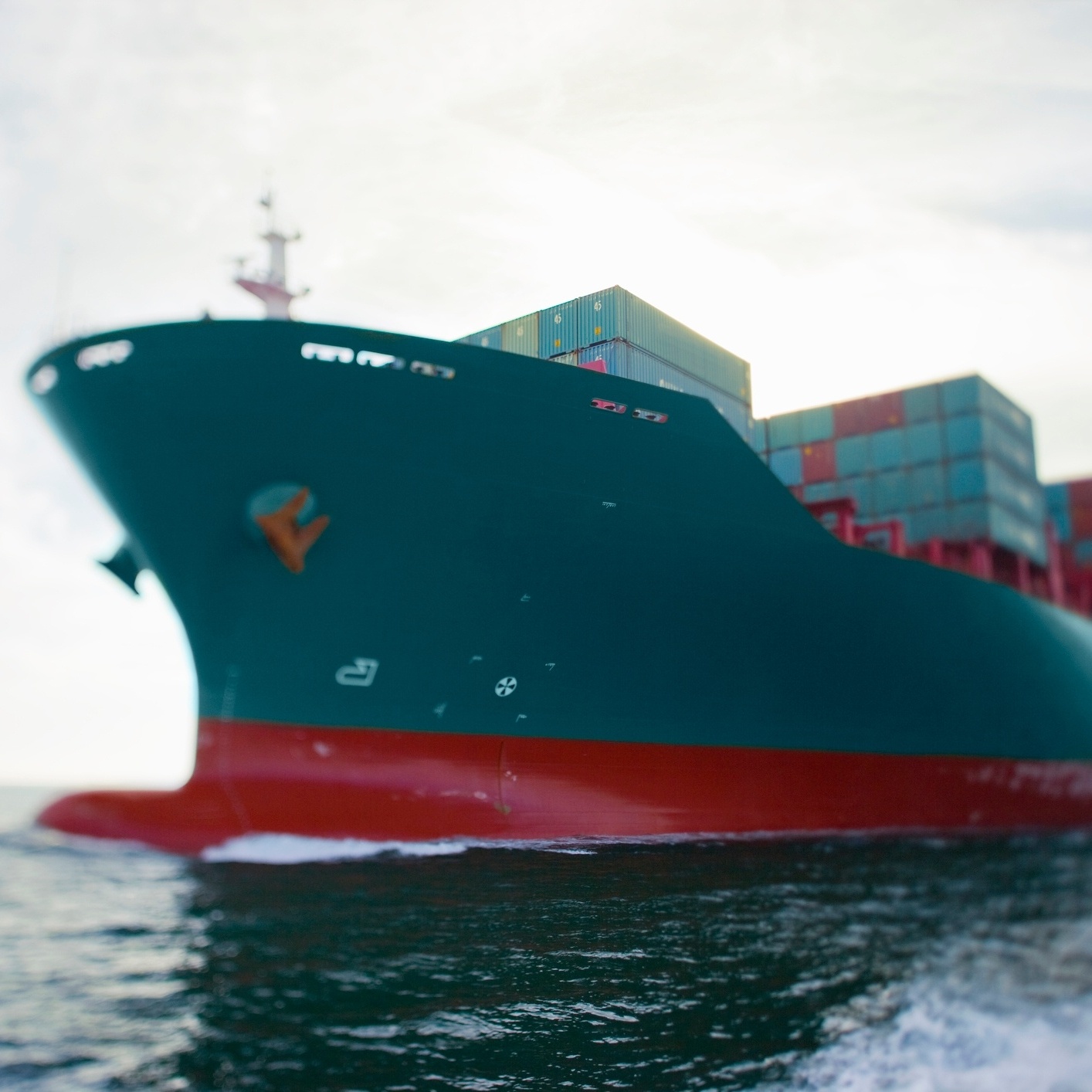Administrator
Sullivan & Worcester has one goal: to help businesses thrive in an ever-changing marketplace. We combine the breadth of experience and sophistication you expect from a prominent, top-tier law firm with an unusually creative and flexible approach. Clients choose Sullivan & Worcester because our lawyers are hands-on, business savvy and straightforward, with an intense commitment to our clients' interests.
By Amanda Montano and Humzah Irfan
Jacqueline Cook, Senior Knowledge Development Lawyer at Sullivan's London office, broke ground on our first Trade & Export Finance Webinar of 2021, held on 21 January, and the EU-UK Trade and Cooperation Agreement (the TCA) for the post-Brexit position was top of the agenda. London's Senior Partner, Geoffrey Wynne, followed with thoughts on what the trade finance industry should be looking out for in 2021.
Read More
Topics:
Brexit,
LIBOR,
Digitalisation
By Jacqueline Cook, Senior Knowledge Development Lawyer
In a flurry of last-minute negotiations, the EU and the UK agreed on the form of the Trade and Cooperation Agreement between the EU, European Atomic Energy Community and the UK on 24 December 2020 ("TCA") to bring about the "Brexit deal" on their future relationship. As timing was extremely tight, with the end of the Brexit transition period looming a week later1, ambassadors for each EU member state approved the TCA in principle, so it passed through EU Parliament unopposed. It was then signed by Ursula von der Leyen, President of the European Commission for the EU.
Read More
Topics:
Brexit,
TCA,
UK Act
By trainee Humzah Irfan at Sullivan in London
At Sullivan's monthly seminar in December, Mark Norris, partner at Sullivan’s London office, reflected on a roller-coaster year in 2020, breaking down key trade finance related events and picking up on common themes with a view on how issues from 2020 might feed into 2021.
Read More
Written by Amanda Montano and Szonja Kolbenheyer
Things have been moving quickly now on LIBOR and IBOR reforms, but with regulators in the UK, US and EU going at different speeds. Needless to say, it was a welcome development this week to see combined announcements on 30 November 2020 from the Federal Reserve Board, the Alternative Reference Rates Committee (ARRC), the LIBOR administrator ICE Benchmark Administration, the Financial Conduct Authority (FCA) and the International Swaps and Derivatives Association (ISDA). International cooperation really is needed as so many trade and export finance deals are inherently cross-border and often involve multiple currencies. The fact that USD LIBOR will be available for legacy loans until 30 June 2023 will help
sectors like ou
rs, which have been recognised
as needing a forward-looking term rate.
Read More
Topics:
LIBOR,
Geoffrey Wynne
By trainee Humzah Irfan at Sullivan in London
Sam Fowler-Holmes restarted Sullivan's Breakfast Seminar, this time at lunchtime! On the day England moved into a second national lockdown due to the COVID-19 pandemic, Sam provided an overview of the impact of COVID-19 on the trade finance sector. The presentation discussed issues from the progress in digitalisation in the trade finance market to Brexit and LIBOR.
Read More
Topics:
Brexit,
LIBOR,
Supply chain finance,
COVID-19,
Digitalisation
This article is the second in a series looking at how to address some of the issues affecting trade finance documentation and transactions in the current climate.
The first article in this series analysed some of the issues that parties to a trade finance transaction should be aware of when considering amendments and waivers to their written contracts. This article continues to explore the issues that arise in connection with amendments and waivers, focusing first on the common question of how best to document an agreed amendment or waiver to an English law contract, and then considering how amendments or waivers to one contract can potentially (and possibly detrimentally) impact a party’s rights under a connected contract, and finally how to take steps to avoid or mitigate such impact.
How should I document an amendment or waiver in a trade finance transaction?
The starting point is always to consider any requirements set out in the relevant contract. Even if a contract is silent as to how it should be amended or waived, it is advisable to make any amendment or waiver in writing as, if well drafted, doing so helps to mitigate any later dispute about the intended scope or effect of the amendment or waiver.
Read More
Topics:
Trade Finance,
COVID-19
This alert is the first in a series addressing the issues affecting trade finance documentation and transactions in the current climate.
Read More
Topics:
Trade Finance,
COVID-19
By Fiona Luong and Rajan Dhami
In these uncertain times, trade finance and other transaction parties may face particular logistical challenges when signing documents in person. One option available to the transaction parties is to sign documents "virtually" (in other words, signing a hard copy of a document and sending a scan of the signature page to the other side). This method of signing will be familiar to most people who have entered into transactional documents with an international counterparty. Certain formalities must be observed for virtual signings in light of the Mercury case (discussed further below).
Parties are also increasingly turning to the possibility of utilising electronic platforms for signing documents, called "e-signing" or "electronic signing".
But can electronic signing be a valid form of signing an agreement? We look in detail at the options available to those signing agreements under English law.
Read More
Topics:
electronic signatures,
COVID-19,
virtual signing
By Katharine Wheatcroft and Duncan Burrell
As the so-called COVID-19 virus continues to spread in China and this week also in Italy, Iran and Korea, with almost 80,000 confirmed cases and over 2,000 dead as of late February, the world’s second largest economy is struggling to get back to work, and other economies are feeling the effects.
Within the trade sphere, worker shortages, transport disruption and heavy government restrictions have meant that many of the corporations that drive China’s economy, the world’s largest importer of raw materials, are starting to review their international supply and demand contracts.
Read More
Topics:
Trade & Export Finance,
Force majeure
Sullivan Monthly Breakfast Seminar, 23 January 2020
At Sullivan's January 2020 London Breakfast Briefing, Sam Fowler-Holmes provided an overview of key challenges facing the trade finance sector in 2020. From sanctions to LIBOR, with a hint of Brexit, Sam covered a broad range of topical issues.
Read More
Topics:
Brexit,
LIBOR,
trade finance breakfast seminar,
ESG,
Fintech,
Fifth AML Directive





